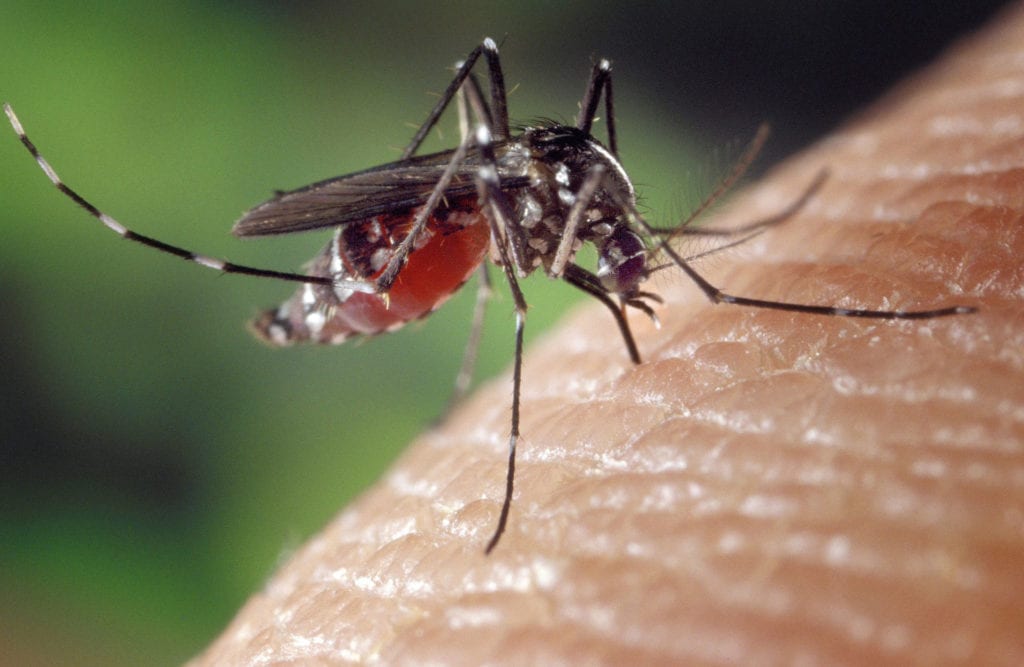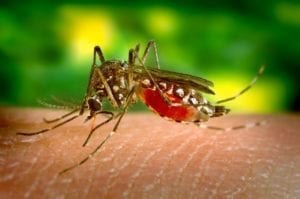It’s that time of the year again when mosquito-borne illnesses begin becoming more widespread. Thus, extra vigilance – and bug spray – is needed to ensure that you stay safe during this time. Just about one month ago, WBAL TV 11 reported that the first human case of the West Nile virus, spread by infected mosquitos, was detected in Baltimore, MD. Although this is not the first time the virus has entered the state, this is the first diagnosed case in 2021.
Altogether, West Nile virus has been present in the United States since the late 1990s. In fact, the first diagnosed case occurred in 1999. Since then, the CDC considers West Nile virus to be the leading cause of mosquito-borne illness in the country. However, this illness is not always dangerous. Many people who have this virus don’t even know that they have it because they remain asymptomatic. An estimated 1 in every 5 people will show symptoms, with 1 in every 150 people developing a severe and potentially life-threatening reaction.
Currently, there are no vaccines to prevent West Nile virus infection. Rather, to protect against infection, you should:
- Reduce mosquito breeding grounds within your local environment.
- Put on insect repellent, especially during times in which mosquitos are extremely active.
- Wear long-sleeved shirts and long pants when possible.
West Nile Virus
As described above, West Nile virus is spread by infected mosquitos, which carry the disease after feeding on blood from infected birds. However, the virus can also be spread in other ways, such as blood transfusions, organ transplants, laboratory exposure, or transmission from mother to child. The virus cannot be spread through handling infected birds, sneezing or coughing, or touching live animals. For those who develop a severe infection, it is usually because they are older, immunocompromised, or the infection has entered into the brain.
An estimated 80% of those infected will be asymptomatic. For those who develop symptoms, these include:
- Fever
- Headache
- Body aches
- Fatigue
- Nausea and vomiting
- Diarrhea
- Joint pain
- Rash
In these cases, fatigue and weakness may last for months. However, patients with just these symptoms can make a full recovery. If someone develops the following symptoms, this virus may be fatal:
- High fever
- Headache
- Neck stiffness
- Vision loss
- Muscle weakness
- Confusion and/or disorientation
- Tremors and convulsions
- Encephalitis (brain inflammation)
- Meningitis
- Paralysis
- Coma
An estimated 1 in every 10 people who experience these symptoms will die. For those who recover, the recovery period might span weeks or months.
Learn more about West Nile virus.



-300x300.jpg)


